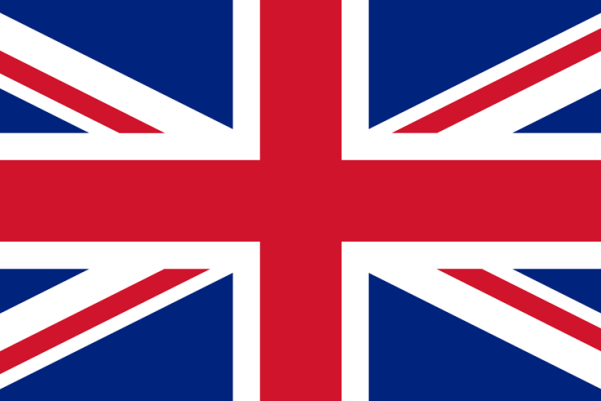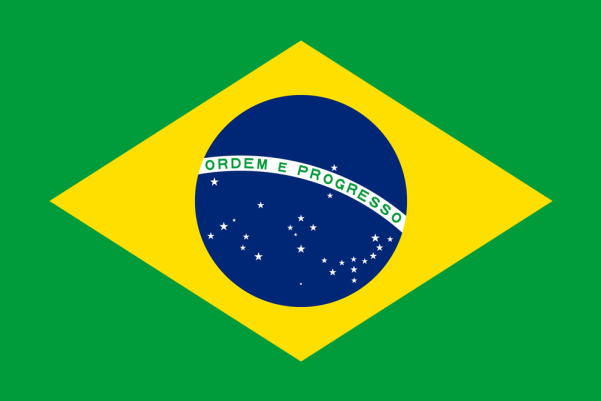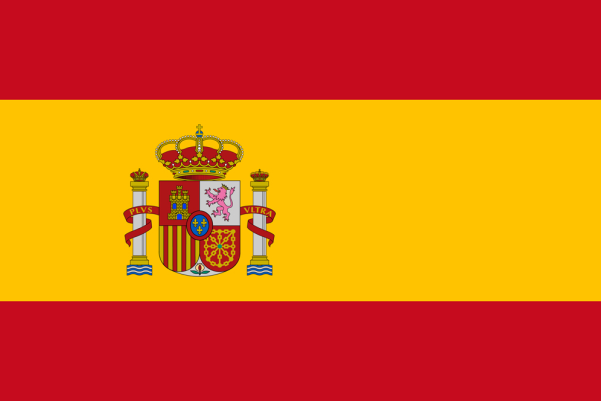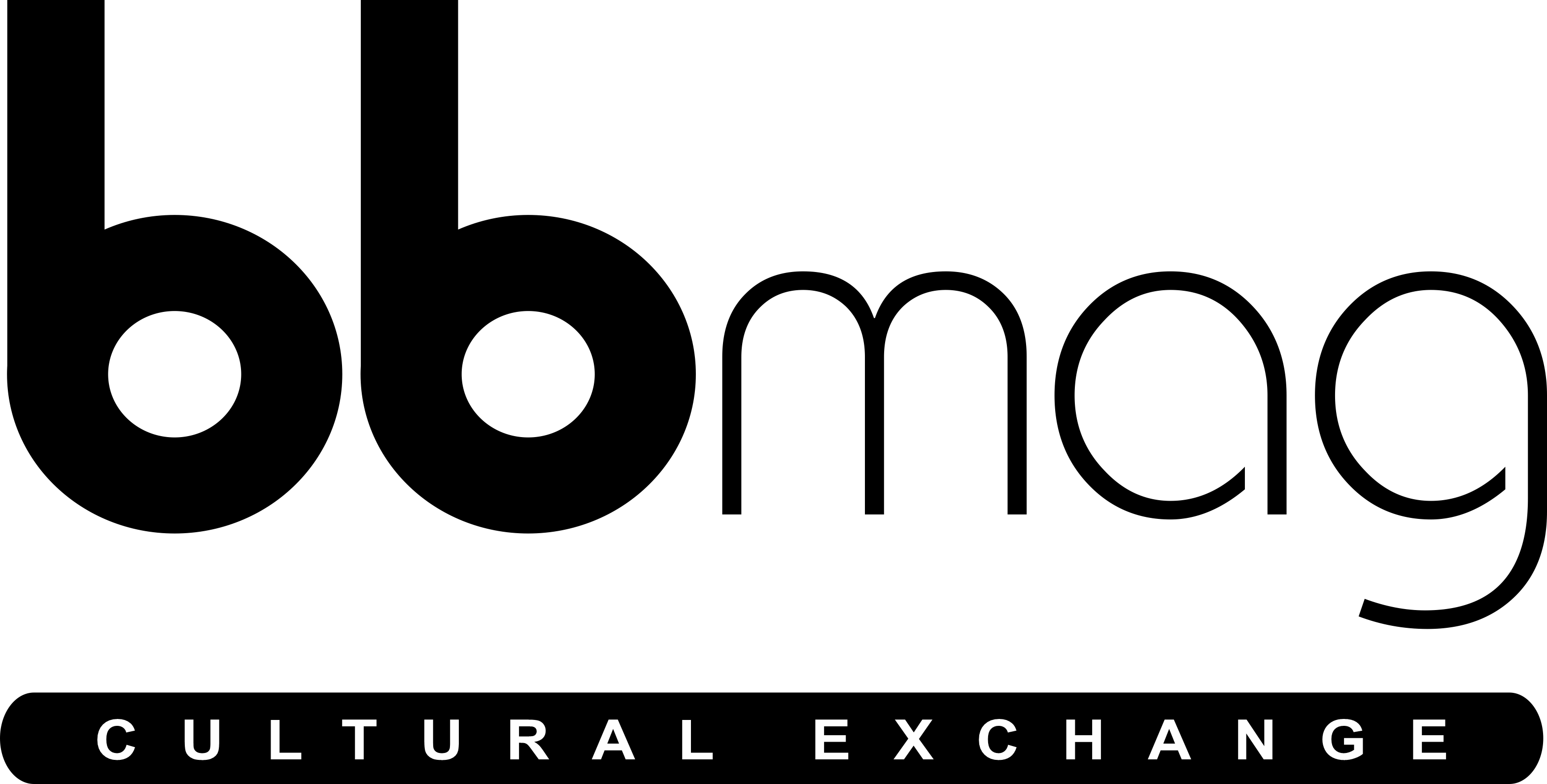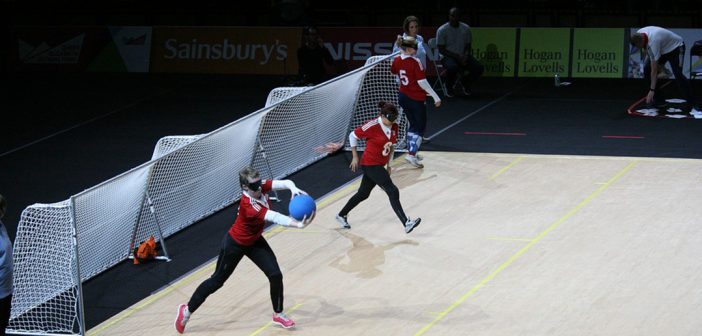Goalball has been one of the highlights of the Paralympic Games since 1976.
The sport requires skill and an acute sense of touch. It is the brainchild of German Sepp Reindle and Austrian Hanz Lorenzen, who came up with the game in 1946, as a means of helping with the rehabilitation of war veterans. Significantly, it is not a simple adaptation of an already existing, conventional sport; it was designed exclusively for the visually impaired.
The main aim is to score more goals than the opposition. There are three teams in each game, all of whom play at the same time. A player from one of the teams throws the ball, and the opposition has to defend, except that everyone is wearing a blindfold. The only thing the athletes have to guide them is the sound of the ball’s rattle.
Matches are divided into two halves of 12 minutes, with a 3-minute break at half-time. If any of the teams open up a 10 goal lead, the match is called to an end. Defending players are allowed to lie down in a specific area of the pitch, so as to prevent the ball entering their goal, while the attacking team has 10 seconds to take their shot. Penalties are awarded if any kind of infraction is committed.
The Goalball competition is scheduled to get going at the Rio 2016 Paralympics on 8 September, at the Arena do Futuro, Barra da Tijuca.
Interesting Facts
– Referees have two main jobs in Goalball; in addition to presiding over the match, they have to give a running commentary for the players, using specific terms and instructions when necessary.
For further information: https://www.rio2016.com/paralimpiadas/goalball
